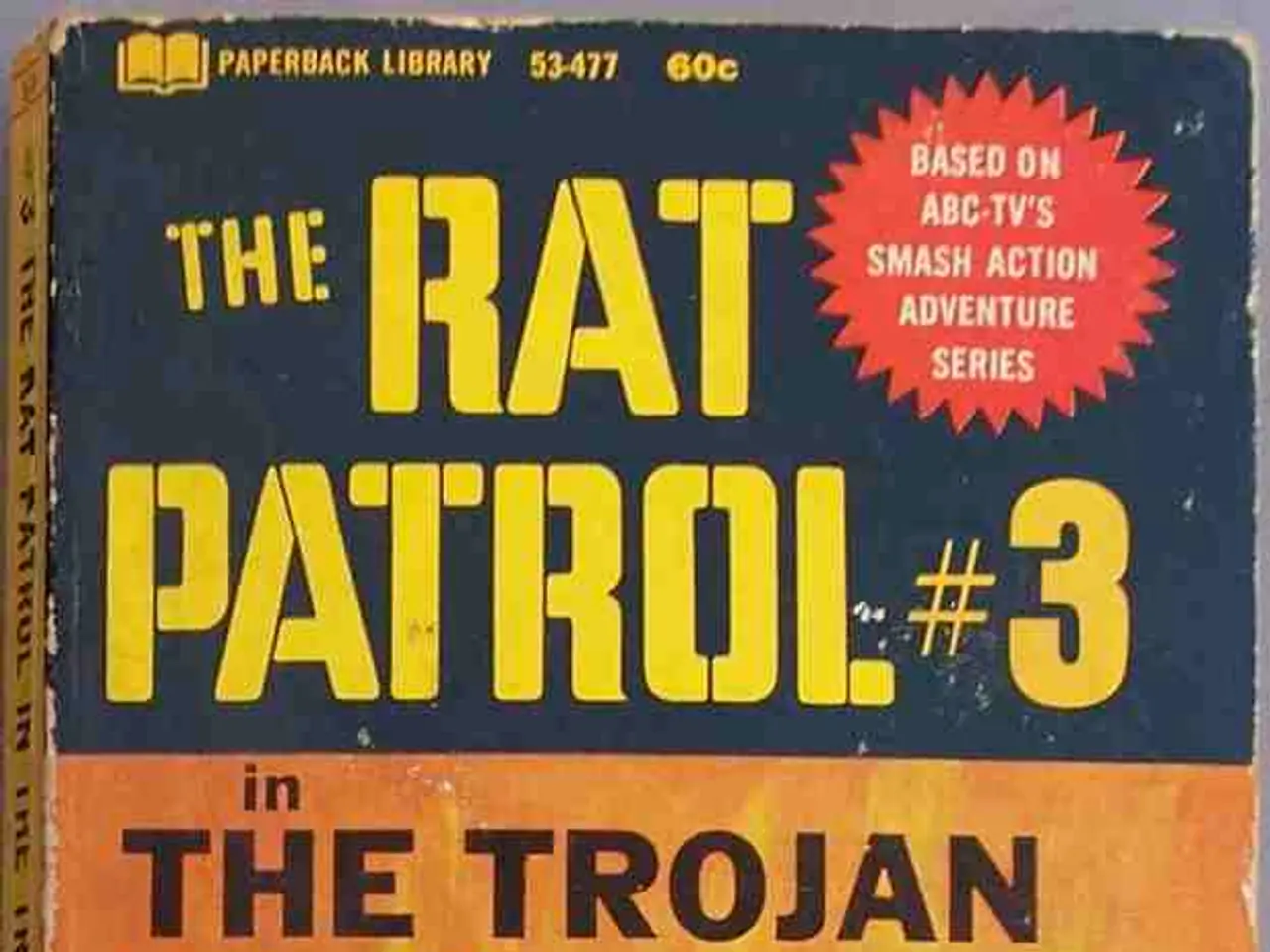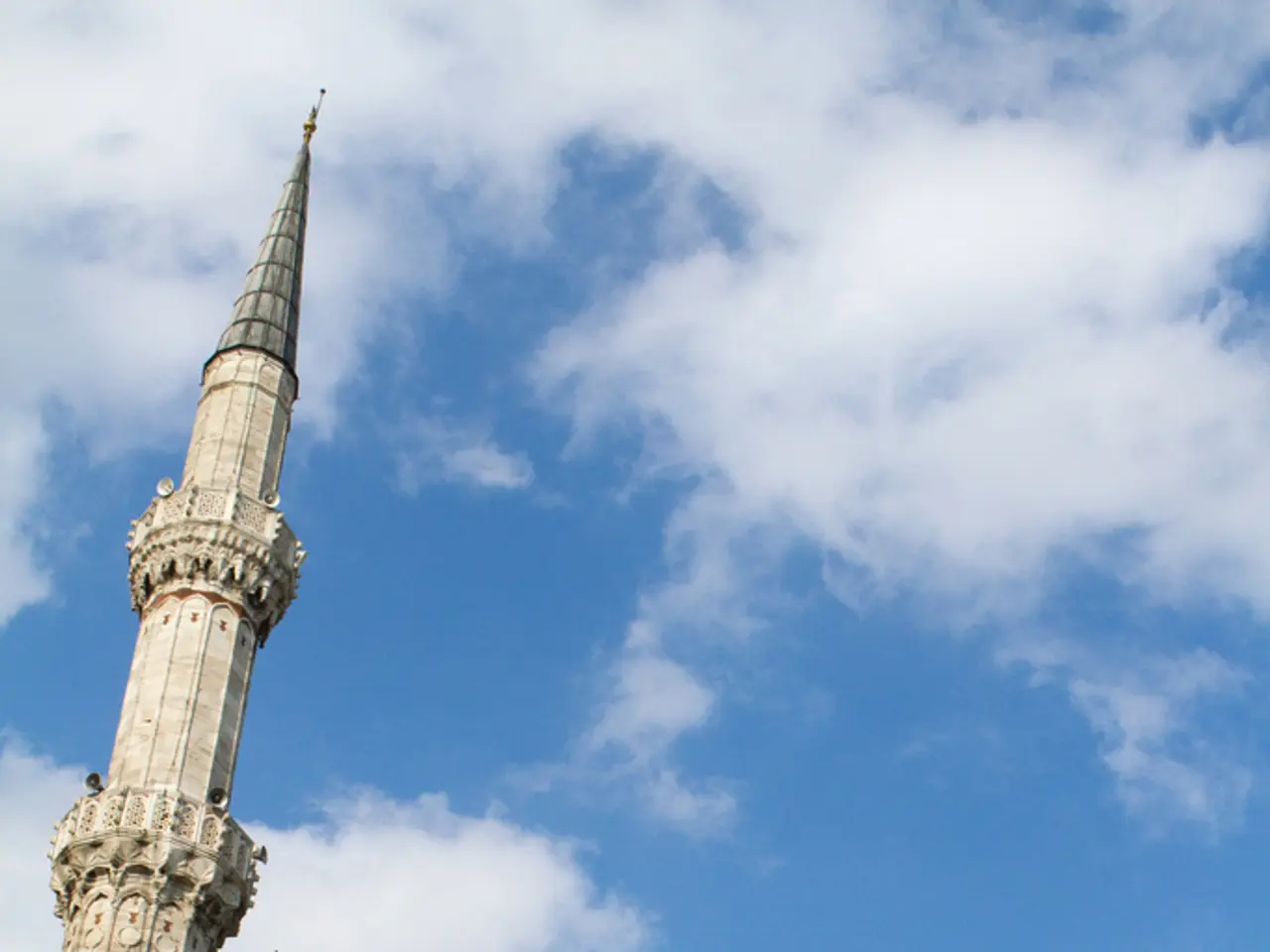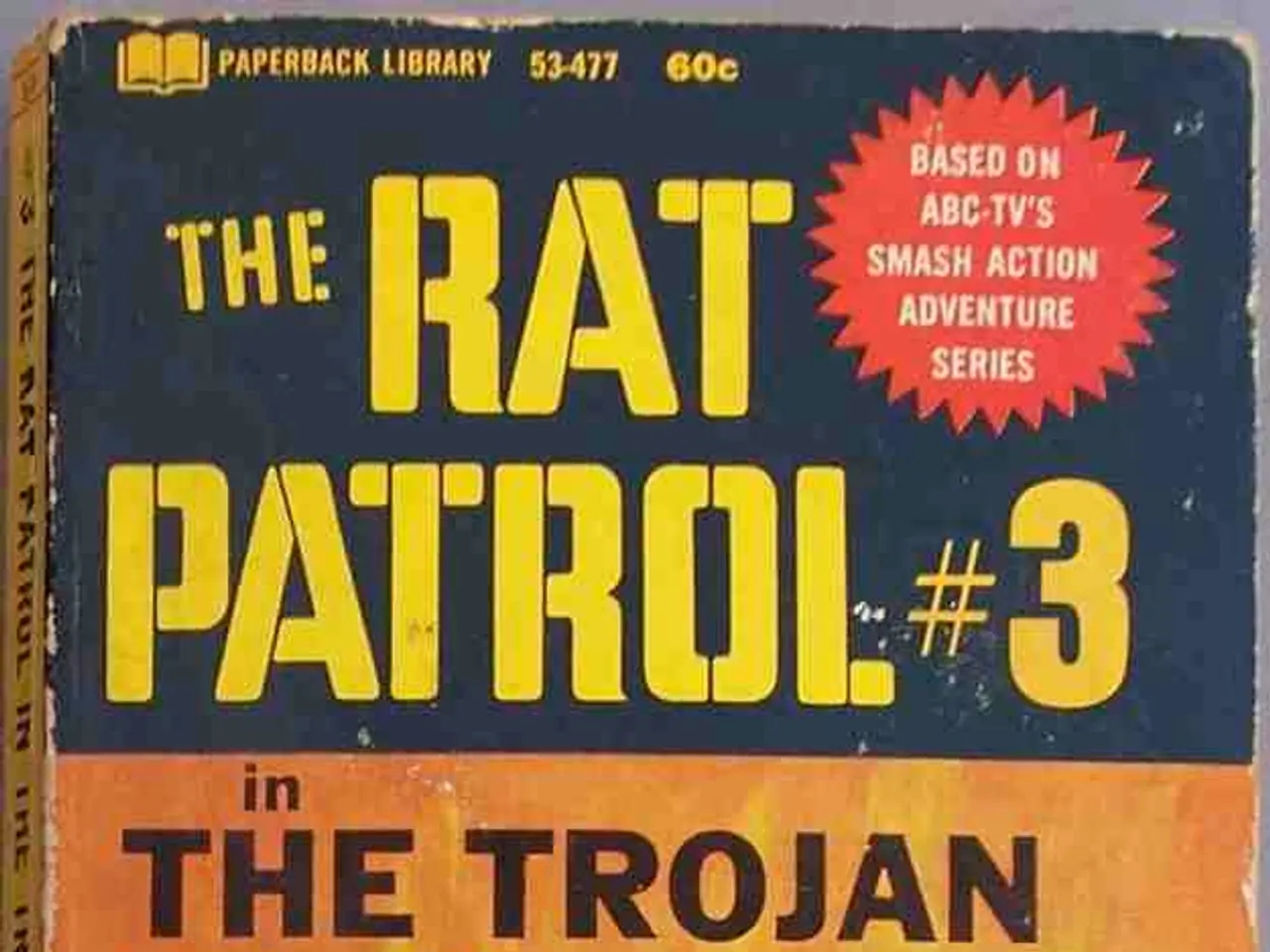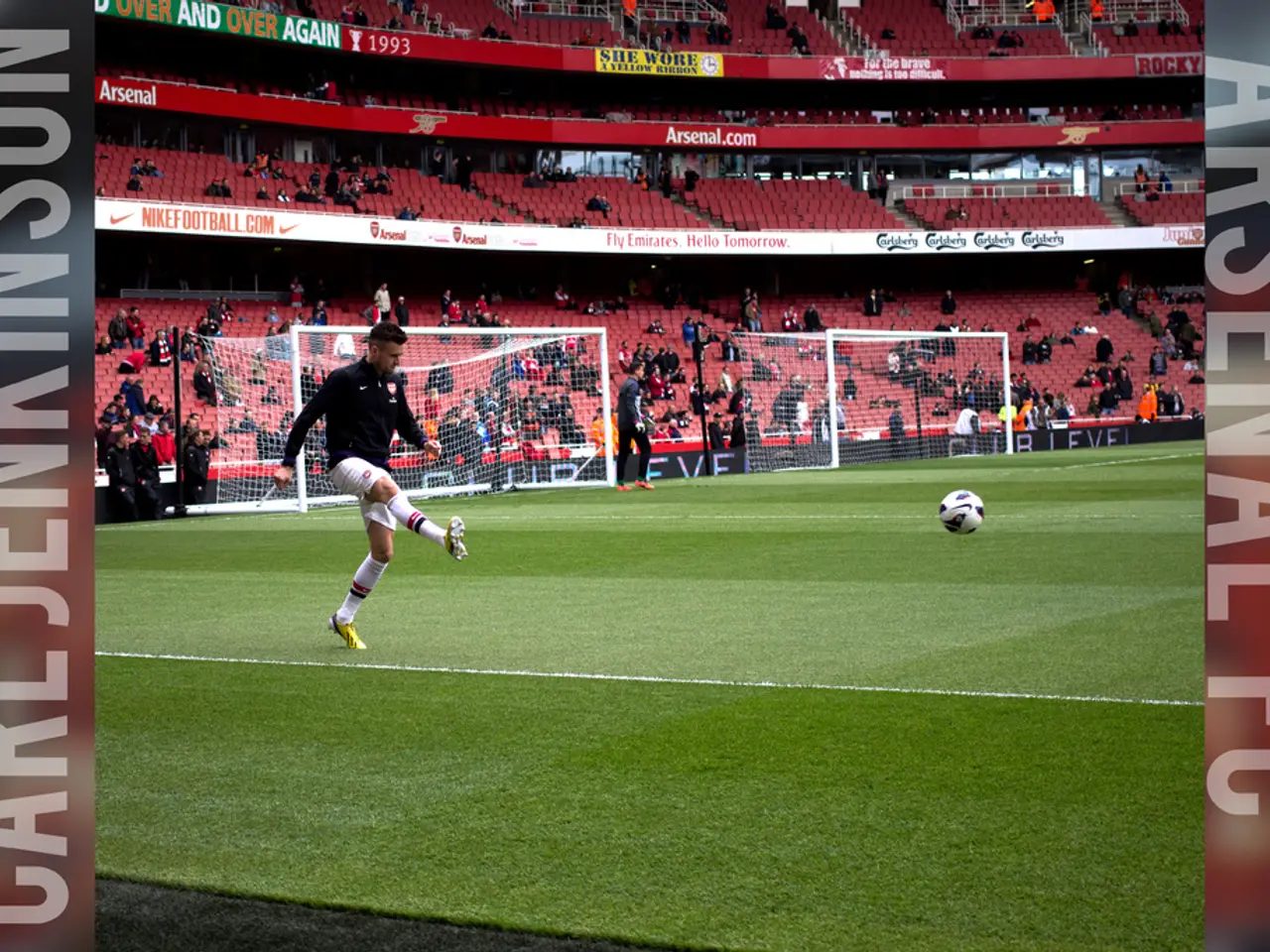Iran's foreign minister declares that Iran's nuclear facilities have sustained substantial damage following a conflict with Israel.
Fresh Take:
In the aftermath of the 12-day conflict between Iran and Israel, Foreign Minister Abbas Araghchi has confessed to "substantial" damage to Iran's nuclear facilities. He further explained that Iranian experts from the Atomic Energy Organization are currently conducting a thorough assessment of the extent of the damage, and compensating for these irksome damages is now a top priority for the government.
Earlier in the day, Iran's Supreme Leader, Ali Khamenei, made his first statement post the ceasefire, stating that the strikes were of little importance. He also delivered a stern warning that Iran would retaliate against U.S. bases in the Middle East if attacked.
Meanwhile, Donald Trump has persistently declared that the U.S. air strikes launched on Sunday had obliterated Iran's primary nuclear facilities. He also hinted at resuming negotiations on the nuclear issue with Iran "next week." However, Abbas Araghchi clarified that there is no scheduled plan as of yet for these negotiations to recommence.
As the International Atomic Energy Agency (IAEA) seeks access to Iranian sites to conduct their own damage assessment, Araghchi also mentioned the possibility of Iran adopting a law that would suspend cooperation with this UN agency. "Our association with the Agency will undergo an evolution," he said.
Iran's nuclear facilities have endured extensive damage in recent weeks, with key sites like the Fordow underground facility, Natanz site, Esfahan Nuclear Complex, and IR-40 Heavy Water Reactor being targeted. Experts from the Institute for Science and International Security and other analysts assert that these strikes have dismantled Iran's uranium centrifuge enrichment program, set back its nuclear capabilities for an extended period, and made it probable that it will take years for Iran to regain its previous level of enrichment capacity[1][2][4].
Iran retains stocks of enriched uranium at varying levels (3 to 5 percent, 20 percent, and 60 percent), and some centrifuges that were manufactured but not yet installed. These residual materials pose a continuous proliferation risk, albeit the damage to facilities has impeded the swiftness and capacity to produce weapon-grade uranium or nuclear weapons[4].
Iran's Atomic Energy Organization head, Mohammed Eslami, acknowledged that Iran is currently assessing the damage and planning to reignite operations at its nuclear program[3]. While the nuclear weapon development-critical infrastructure and personnel have been severely damaged, Iran has reportedly relocated enriched materials to secure locations to safeguard them from destruction[3].
Regarding Iran's cooperation with the International Atomic Energy Agency (IAEA), as a signatory to the Nuclear Non-Proliferation Treaty (NPT), Iran remains legally bound to uphold safeguards agreements. However, since the Israeli strikes on June 13, 2025, IAEA inspectors have not had access to Iran's nuclear sites due to safety concerns. The IAEA Director General, Rafael Mariano Grossi, stated that inspections will continue as soon as conditions allow, with the IAEA's Incident and Emergency Center monitoring Iran for any nuclear or radiological emergencies[2].
In conclusion, Iran's nuclear facilities are heavily damaged and largely non-operational, with Iran assessing the damage and preparing to resume nuclear activities. Its association with the IAEA is currently on hold for inspections due to safety concerns, but is expected to resume when conditions allow, in accordance with its international treaty obligations[1][2][3][4].
The government of Iran has prioritized compensating for the damages incurred during the war-and-conflicts between Iran and Israel on Iran's nuclear facilities. The government's focus on this issue underscores the broader political implications (politics) of the conflict, as it could potentially impact negotiations on the nuclear issue with the United States (general-news).
As the International Atomic Energy Agency (IAEA) seeks access to Iran's nuclear sites for a damage assessment, the possibility of Iran adopting a law that would suspend cooperation with this UN agency could have significant repercussions on the global politics of war-and-conflicts and general-news related to the nuclear capabilities of countries.






